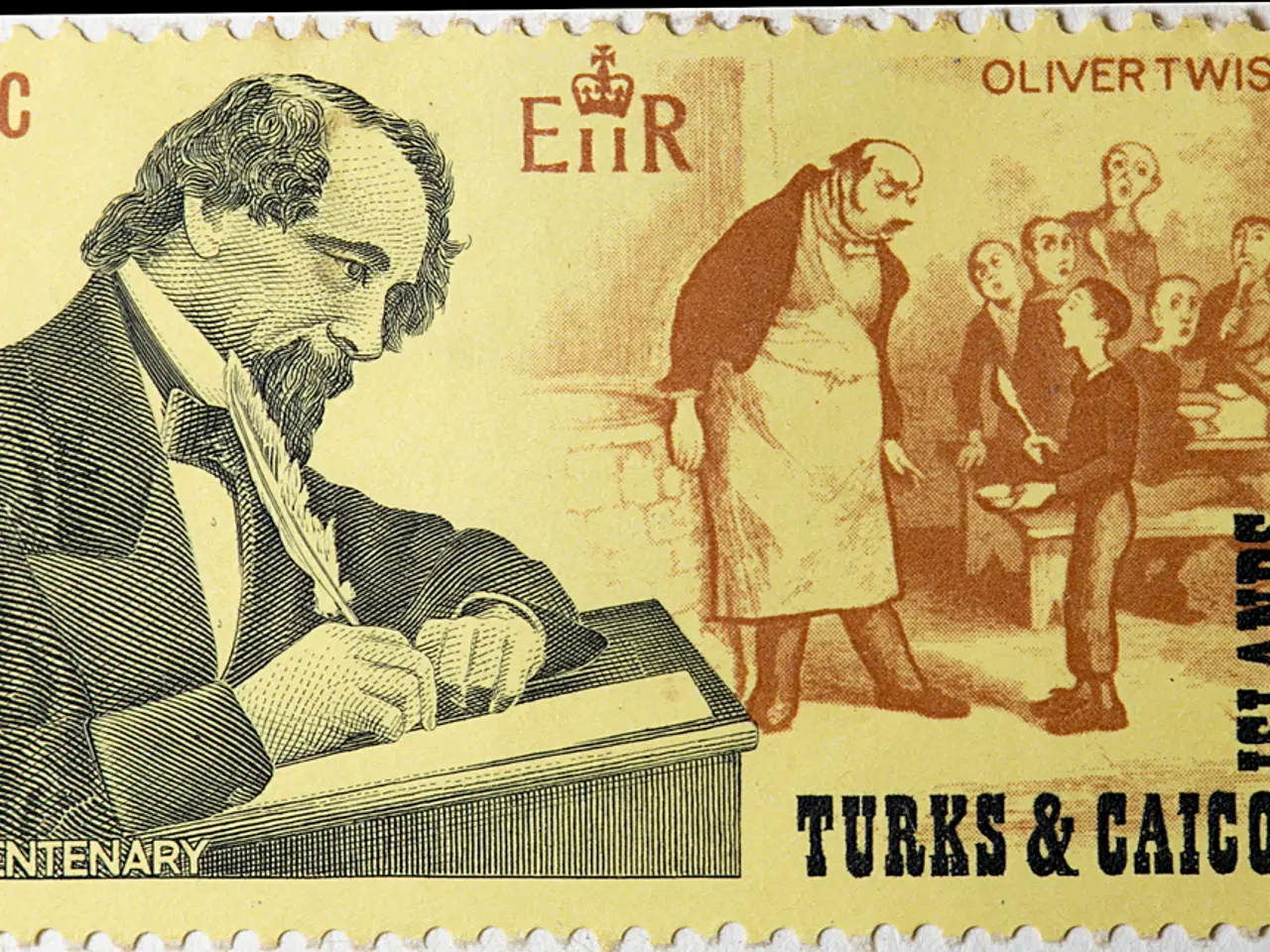Approximately eighty-eight postal services have halted their operations within the United States.
The implementation of new import duties on packages sent using the "de minimis" rule has led to a significant disruption in parcel delivery from numerous European postal services to the United States.
According to the UN's Universal Postal Union (UPU), letter and parcel traffic to the U.S. has dropped by more than 80 percent due to the tariffs. In 2024, around 1.36 billion packages worth a total of $64.6 billion were sent using the "de minimis" rule, a procedure widely used by smaller European companies. However, with the introduction of a 15 percent tariff on such packages, many postal services have halted their business-to-U.S. parcel delivery.
DHL, one of the major players, has announced a pause in its business-to-U.S. parcel delivery due to the lack of clarity regarding tariff implementation. Several other European postal services have also paused shipments to the United States, citing disruptions and delays caused by logistical challenges and increased customs inspections.
The U.S. government has not provided specific details about who will bear the cost of the tariffs, leaving central questions for postal companies such as who will pay, how data transmission to U.S. authorities will occur, and what additional information will be required in the future.
The "de minimis" rule, which allowed duty-free import of packages valued under $800, was abolished by Trump's decree in August 2024. However, the new import duties have not been reconsidered by the U.S. government, and there is no indication that they will be in the near future.
The impact of these tariffs on smaller European companies is not clear from U.S. Customs data. There is uncertainty about the future of business-to-U.S. parcel delivery, with postal companies seeking clarification on how data transmission to U.S. authorities will be handled and what additional information will be required.
The halt in parcel delivery from European postal services to the U.S. is a significant development, affecting services from 88 countries. Most other EU imports are also subject to a 15 percent tariff, raising concerns about the future of international trade and economic relations.








